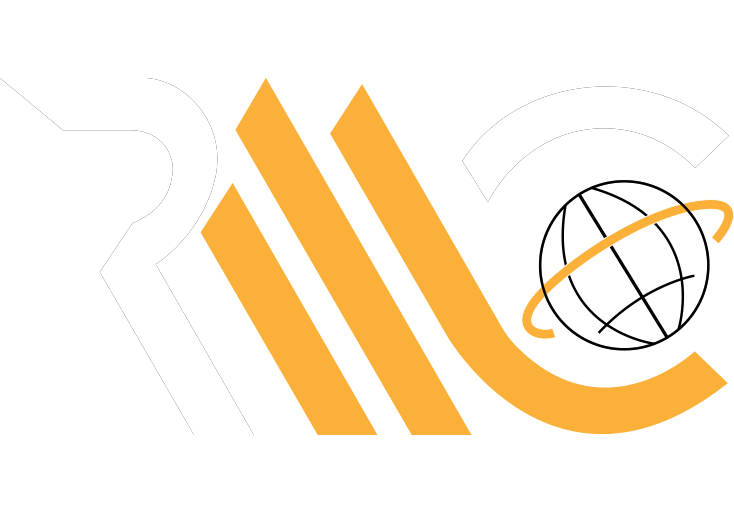The Rapid Support Forces (RSF) released a statement on X (formerly Twitter) on Thursday, addressing the recently presented report by the United Nations Fact-Finding Mission on Sudan to the 57th Session of the Human Rights Council.
In the statement, the RSF acknowledged the mission’s work within its mandate and emphasized the importance of an independent and impartial investigation into crimes committed since the conflict erupted on April 15, 2023.
The RSF stressed that it has consistently called for the creation of an independent fact-finding committee since the conflict’s beginning, and welcomed the decision to form the UN mission.
The group also affirmed its willingness to cooperate with the inquiry to ensure the mission’s objectives are met.
The RSF noted that it had extended an open invitation to the mission’s officials to visit areas under its control, offering safe access to sites of concern.
Despite expressing readiness to meet with mission members and exchange information, the RSF said that its offer was declined, and to date, no UN officials have visited RSF-controlled territories to investigate the allegations or interview civilians on the ground.
After reviewing the report, the RSF expressed regret that they were not given an opportunity to respond before the report was published on September 5, 2024.
The group argued that allowing them to respond prior to publication would have adhered to the principles of international justice.
Despite their concerns, the RSF reiterated the importance of an impartial fact-finding process and urged for balanced reporting on the Sudan conflict.
The group also called for an extension of the mission’s mandate to ensure future conclusions are drawn from a more comprehensive understanding of the situation.
The RSF highlighted its own efforts to protect civilians, maintain stability in areas under its control, and ensure accountability for any violations of the laws of war by its members.
Sudan vs UAE at the UN
On Wednesday, the Sudan’s army-controlled government accused the United Arab Emirates of supplying weapons to its rival group RSF, fueling the 17-month-long war.
The UAE dismissed the accusations as “utterly false” and “baseless,” countering that the army-controlled govt has been unwilling to pursue peace negotiations with its adversary.
The dispute unfolded during a U.N. Security Council meeting, where all 15 members voted unanimously to extend the arms embargo in Sudan’s western Darfur region, a key battleground in the conflict, until September 12, 2025.
UAE Ambassador Mohamed Abushahab dismissed Sudan’s accusations as “a cynical attempt to deflect attention from the failures of the Sudanese Armed Forces (SAF).”
He accused the Sudanese military of displaying “zero political courage,” using starvation as a weapon of war, and ignoring calls to halt the conflict and engage in negotiations.
“To resolve this conflict, the SAF must take the critical step of joining peace talks and muster the political courage to negotiate with their adversary,” said Abushahab.
Last month, Sudan’s military refused to attend peace negotiations in Geneva, Switzerland, which aimed to facilitate humanitarian aid and initiate talks, despite international appeals.
The RSF, however, sent a delegation to Geneva.
The Security Council meeting followed the release of the first report by U.N.-backed human rights investigators last Friday. The report called for extending the arms embargo across the entire country and recommended establishing an “independent and impartial force” to protect civilians amid Sudan’s ongoing war.
The fact-finding mission, established by the Geneva-based Human Rights Council, held both sides responsible for war crimes such as murder, mutilation, and torture, warning that foreign governments providing arms or financial support could be complicit.






